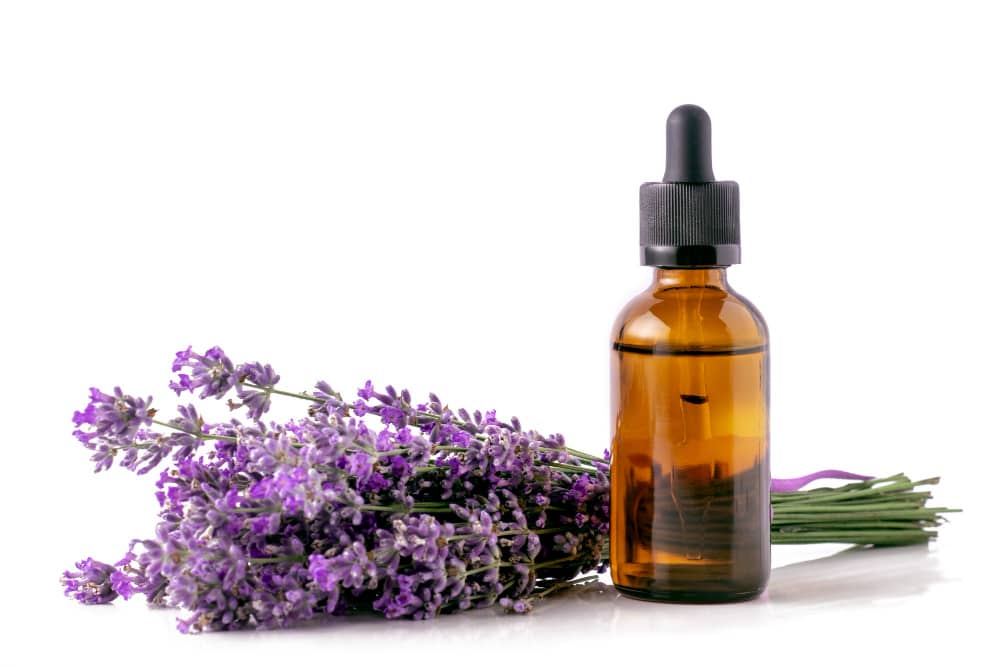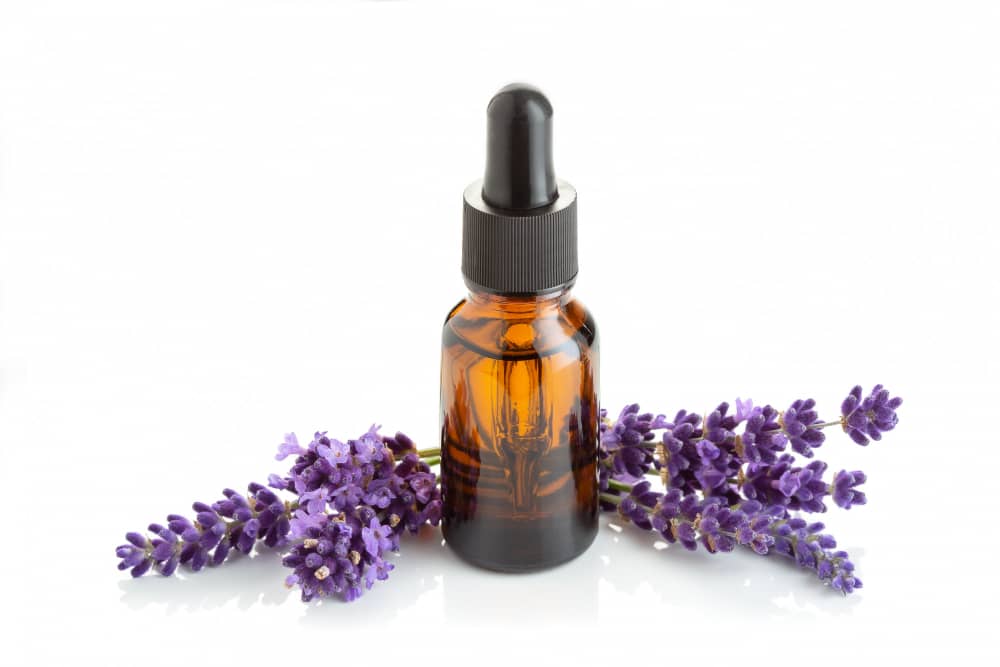Lavender is a plant that has many benefits. The uses of lavender oil include services to help with anxiety, insomnia, and depression. Lavender is also used as a natural remedy for headaches and stomachaches. The plant calms the body and mind, making it a great way to relax.
“Forgiveness is the fragrance the violet sheds on the heel that has crushed it.”
Mark Twain
Lavender oil is one of the most popular essential oils today. It’s known for its calming and relaxing properties, and it has a wide range of uses.
In this article, we will look at what lavender oil is, what it can be used for, and how to use it safely.
What is lavender oil?
Lavender oil is an essential oil that’s extracted from the lavender plant. The scientific name for the lavender plant is Lavandula angustifolia, a member of the mint family.
Lavender oil has a characteristic floral aroma that many people love. It’s also one of the most versatile essential oils, with many uses.
Lavender oil has a wide range of uses, from helping to improve your mood to alleviating pain. This versatile oil can be used in a diffuser, diluted and applied topically, or added to your bathwater.
Here are some of the ways you can use lavender oil:
1. To improve your mood and relieve stress
When diffused, lavender oil can help calm and relax you, making it ideal for use when you’re feeling tense or stressed.
If you don’t have a diffuser, add a few drops of lavender oil to your pillow before bedtime. This will help you to drift off to sleep more easily and enjoy a more restful night’s sleep.
2. To alleviate pain
Topical application of lavender oil can help to relieve pain from headaches, muscle aches, and even toothaches.
To use lavender oil for headaches, mix a few drops with a carrier oil like coconut oil and massage it into your temples and forehead. Add a few drops of lavender oil to a warm bath or apply it directly to the affected area for muscle aches and pains.
3. To heal cuts and scrapes
Lavender oil has antiseptic properties, which makes it helpful in treating minor cuts and scrapes. Apply a few drops of lavender oil to the affected area with a cotton ball or Q-tip to speed up the healing process.

What are the benefits of lavender oil?
Some of the most common uses for lavender oil include:
– Aromatherapy: Lavender oil is commonly used to promote relaxation and calm.
– Skincare: Lavender oil can soothe irritated skin and help heal cuts and scrapes.
– Hair care: Lavender oil can help to stimulate hair growth and improve scalp health.
– Relaxation: Lavender oil is often used as a natural way to promote relaxation and reduce stress levels.
Lavender oil is thought to offer several health benefits, including:
– Improved sleep quality: Lavender oil is often used as a natural remedy for insomnia and other sleep disorders. Research suggests lavender oil may improve sleep quality by promoting relaxation (1).
– Reduced stress levels: One study found that daily lavender oil capsules reduce self-reported stress levels (2). In another study, participants who inhaled lavender oil before taking a test showed reduced levels of stress compared to those who inhaled a placebo (3). These studies suggest that lavender oil may effectively reduce stress and anxiety levels.
– Pain relief: Several studies have shown that lavender oil may effectively reduce pain levels (4, 5, 6). One study found that women who used a lavender-scented cream during childbirth reported less pain than those who used a placebo cream (7). These studies suggest that lavender oil may effectively relieve pain associated with headaches, arthritis, and menstrual cramps.
Many of the island buildings look brand new — and they are. In 2002, the company invested over US$ 21 million to turn this 140-acre (0.5 km²) slip of land into a destination their passengers would never forget. Nature trails wind through the isle, home to wild chickens, peacocks, and occasional iguanas. Those seeking solitude will enjoy the hammocks hung under coconut trees in quiet locations.
How to use lavender oil safely
Lavender oil is generally considered safe for most people when used correctly. When using lavender oil externally, it’s essential to dilute it with a carrier oil like jojoba or coconut oil to avoid skin irritation (8).
If you’re using lavender oil internally, start with a lower dose to see how your body reacts. You can increase the dose gradually as needed (9).
It’s also essential to purchase high-quality lavender oil from a reputable source to ensure safety and efficacy (10).

The history of lavender oil
Lavender oil has been used for centuries for its calming and relaxing properties. The name lavender comes from the Latin word lavare, which means to wash. The Romans used lavender oil to perfume their baths, and by the Greeks to scent their temples. It was also used during the Middle Ages to fragrance sachets and linens.
Lavender oil was first extracted from the flowers in the late 17th century. French chemist Nicolas Lemery developed the process of distillation. Lavender oil quickly became popular in France and was used in many ways. It was added to soaps, lotions, and perfumes. It was also used in cooking and as a medicinal remedy.
The popularity of lavender oil spread to other countries, including England and America. In England, it was used to scent handkerchiefs and linen. It was used in aromatherapy and as a natural insect repellent in America. Lavender oil is still widely used for its calming and relaxing properties. It is added to products such as soap, lotion, and perfume. It is also used in cooking and as a medicinal remedy.
What are the uses of lavender oil today?
Lavender oil is one of the most popular essential oils used today. Its sweet, floral scent is known to be calming and relaxing, making it a popular choice for use in aromatherapy. Lavender oil is also used in a variety of other ways, including:
–Diffusing: Add several drops of lavender oil to an essential oil diffuser to enjoy its calming aroma.
–Massage: Mix lavender oil with a carrier oil such as jojoba or coconut oil and use it for a relaxing massage.
–Bath: Add a few drops of lavender oil to your bathtub for a soothing and relaxing experience.
–Skincare: Lavender oil can be used in homemade skincare products such as soaps, lotions, and scrubs. It is also said to help with healing minor cuts and scrapes.
–Household cleaning: Add lavender oil to DIY household cleaning products for a natural, fresh scent.
The benefits of lavender oil
Lavender oil is among the most popular essential oils for its many benefits. The calming and relaxing properties of lavender oil can help to relieve stress, anxiety, and insomnia. In addition, lavender oil can also be used to treat headaches, stomachaches, and skin irritations. Lavender oil is also a natural way to repel insects.
The side effects of lavender oil
Lavender oil is a popular natural remedy for various ailments, but it can also have some unwanted side effects.
The most common side effect of lavender oil is skin irritation. This can happen if the oil is applied directly to the skin or inhaled. If you experience any irritation, discontinue use immediately and wash the area with soap and water.
Lavender oil can also cause drowsiness and dizziness. If you experience these symptoms, avoid using lavender oil and driving or operating heavy machinery.
In rare cases, lavender oil may interact with certain medications, such as blood thinners and sedatives. If you take any medications, talk to your doctor before using lavender oil.
While lavender oil is generally safe for most people, it’s always best to talk to your doctor before using any new remedy, especially if you have a medical condition or are pregnant or breastfeeding.
Lavender oil has been used for centuries for its many benefits. Today, lavender oil is still used for its calming and relaxing properties. It is also used to treat anxiety, depression, and insomnia. Lavender oil is safe for most people, but there are a few side effects. If you are considering using lavender oil, speak with your healthcare provider first.
Post Disclaimer
The information contained in this post is for general information purposes only. The information is provided as is and while we endeavour to keep the information up to date and correct, we make no representations or warranties of any kind, express or implied, about the completeness, accuracy, reliability, suitability or availability with respect to the website or the information, products, services, or related graphics contained on the post for any purpose.
These statements have not been evaluated by the FDA and are not intended to diagnose, treat, cure or prevent any disease or health condition. If you have specific healthcare concerns or questions about the products displayed, please contact your licensed healthcare professional for advice or answers.


